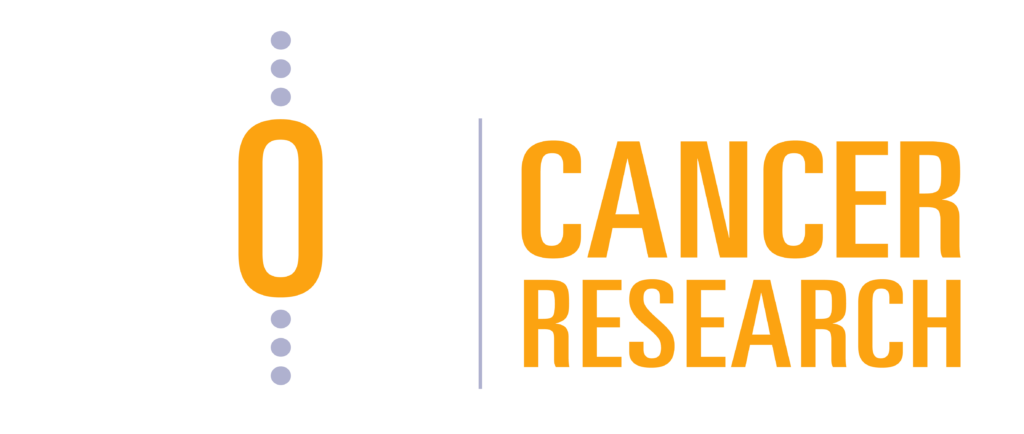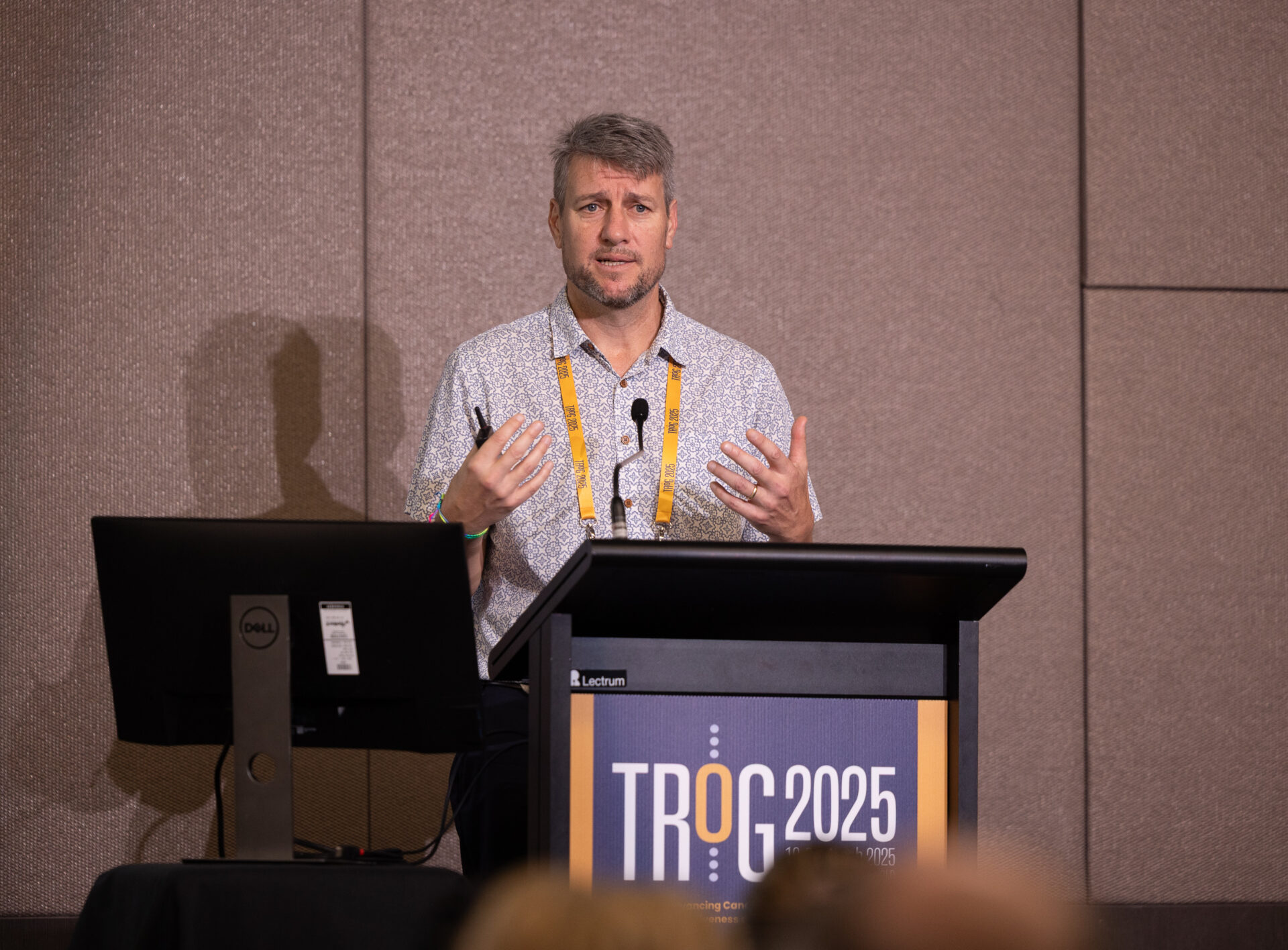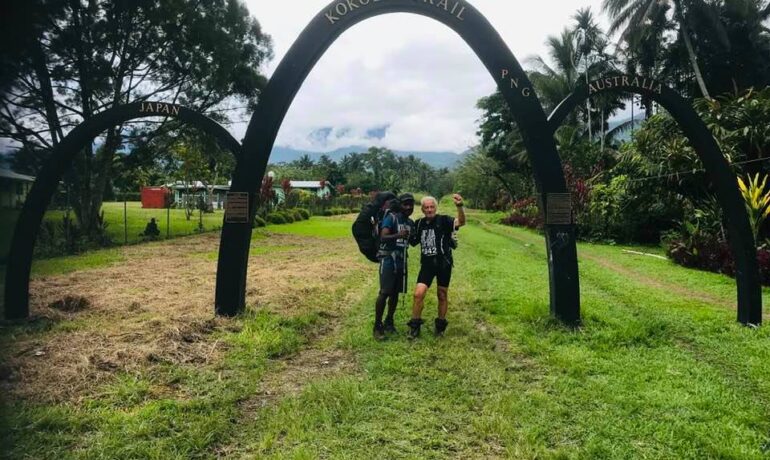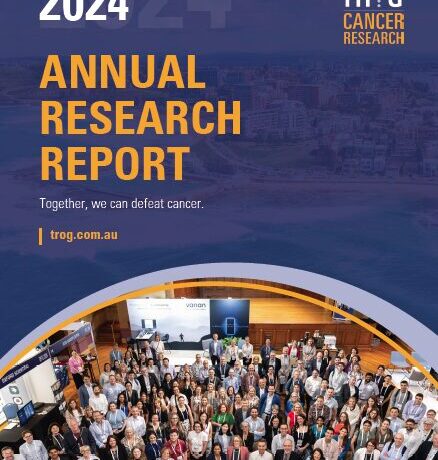LATEST NEWS: 15 May 2025
A novel imaging modality aimed at reducing radiation therapy side effects for patients with lung cancer is set to be trialled in Australia, after researchers received a $1.86m National Health and Medical Research Council (NHMRC) grant.
The NHMRC Clinical Trials and Cohort Studies Grant of $1,861,323 was awarded to the TROG 21.08 VITaL (Ventilation Imaging to reduce Toxicity for patients with Lung cancer) trial, which will investigate use of a new imaging modality called Computed Tomography (CT) ventilation imaging.
While more than three-quarters of patients with lung cancer require radiation therapy, it can cause a side effect known as radiation-induced lung injury, which can cause long-term breathing difficulties and other morbidities that impact people’s quality of life.
The research team, led by Professor Paul Keall (pictured above) at the Image X Institute at the University of Sydney, have invented and pioneered the CT ventilation imaging modality to reduce the risk of damaging impacts from radiation therapy.
CT ventilation imaging gives a picture of high- and low-functioning lung regions overlaid on the CT image. When clinicians plan for a patient’s radiation therapy, this image means they can avoid delivering radiation doses to healthy, high-functioning areas of the lung, and can instead redirect radiation beams through low-functioning areas of the lung.
A total of 165 participants will be recruited to the randomised controlled trial, which will assess whether participants with lung cancer undergoing radiation therapy with the CT ventilation imaging approach have better quality of life, fewer treatment-related side effects, better lung function and whether they are more likely to receive and complete immunotherapy after radiation therapy compared to participants undergoing usual treatment.
Quality assurance is a critical component of radiation therapy clinical trials, particularly those involving novel techniques or technologies. In this trial, TROG will lead the radiation therapy quality assurance program, ensuring high quality, standardised treatment and protocol compliance.
TROG is delighted to partner with the University of Sydney which is the trial sponsor, as well as the NHMRC Clinical Trial Centre (CTC) which will provide statistical, health economics and quality of life expertise. The trial is also endorsed by the Thoracic Oncology Group Australia (TOGA).
Trial participants will be recruited from cancer centres in Australia, with future international expansion planned in Canada, the UK and the US.
Professor Keall said if the VITaL trial is successful, there is potential to improve the quality of life and lung function for 10,000 lung cancer patients in Australia, and 1.7 million patients globally each year.
He said the trial team is thrilled to be partnering with TROG on the VITaL trial.
“VITaL is a highly technical trial. Therefore, the TROG quality assurance team have a critical role in ensuring the optimal and safe treatment for all of the patients enrolled in the trial. TROG’s involvement will give the community the highest confidence in the validity of the study findings,” he said.
The trial could also lead the way for reducing lung toxicity in other types of cancer in which patients receive radiation therapy, such as breast cancer, lymphoma and oesophageal cancer.Congratulations to the entire VITaL trial team!
For more information, contact: trog@trog.com.au
Related Post
Cancer Survivor to Take on Fifth Kokoda trek to Support TROG
LATEST NEWS: 26 June 2025 He may be 76
TROG 2024 Annual Research Report highlights a year of achievements
LATEST NEWS: 24 JUNE 2025 The latest annual report
